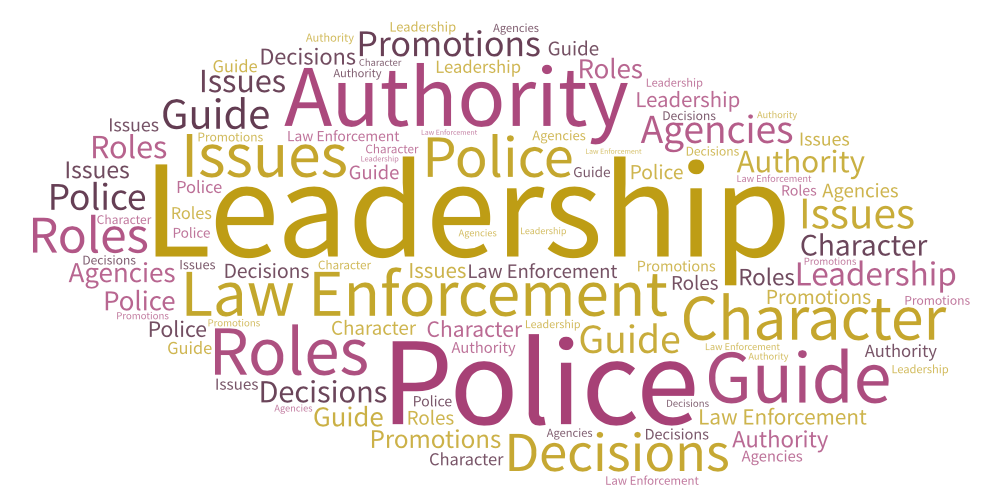by Dr. Chuck Russo
Suicide … a permanent solution to a temporary problem.
I just received a text message from a friend. An old coworker of ours had killed himself. This was someone who was a good cop and a great sergeant. He had been through a lot over the years, more than most, and had always seemed to come out the other end ok. Maybe it was only what we choose to see. Unfortunately, we will never know for sure.
This is not the first time I’ve experienced the suicide of a current or former coworker. Early in my law enforcement career, a friend of mine killed himself a year after separating from the agency. He had many demons he was dealing with, which had led to his separation, but I didn’t see it coming. Shortly after separating, it would have been more “expected” but since he made it about a year, I figured he was ok. I was wrong, as were many others.
The was back in the late 1980s and here I am some 30 years later dealing with the same issue. In between the news I got today and the news I got back in the late 80s, there have been others I have known who dealt a temporary problem by choosing a permanent solution. I fear it will not be the last time I receive such news.
Over these years public safety agencies have finally started taking steps in recognizing the issue of suicide among its ranks. Back when I got started, first sworn in back in 1987, suicides were often reported as “died while cleaning service weapon”. Fast forward a few years and the profession started to view suicide among the ranks as an issue that needed attention. It was actually being talked about publically and not just quietly in the halls and the briefing room. Strategies started to emerge to help those dealing with the pain and trauma of the profession, as well as one’s personal life. Slowly some officers even came forward saying they wrestled with thoughts of suicide and beat the demons back. They did so with hopes that their coming forward would encourage others to seek help and find the strength to beat back the demons.
As public safety professionals, we tend to do a really great job at helping and comforting others in times of need. We need to learn to take better care of ourselves and our coworkers. Many have written about the need for the continued commitment to physical fitness among the ranks. The benefits of keeping one’s self in shape are well known. Going to the gym, running, rowing, exercising, etc. on a regular basis can help to keep the body ready for when peak performance is needed at a moment’s notice. Why don’t we see the same commitment to mental fitness?
Talking with others, meeting with a mental health professional, and reading on steps that can be taken to improve mental health are all things that can be done to keep your mind ready for when peak performance is needed at a moment’s notice. More importantly, it can also help to deal with the aftermath of that peak performance requirement. We can all see when a body heals when injured. How many can say they know when a mind heals when injured?
Tools like employee assistance programs and critical incident debriefings can help those still active in the field. When someone retires or steps away from the profession, where can they turn for help? While they may have insurance that can cover some related services, these individuals may feel far more comfortable talking with someone who can relate to their thoughts, feelings and experiences. Maybe they can reach out to the critical incident team associated with their old agency or even a local agency if they happened to move away. Hopefully they can reach out to old friends and coworkers who still care enough to help when given the opportunity.
I have no idea if I could have helped my old friend if he had called. I know I would have tried!
______________________________________________________
About the Author: Dr. Chuck Russo is the Department Chair of Human Justice/Criminal Justice at American Public University System (APUS). Dr. Russo also serves as the United Nations liaison representing the International Police Executive Symposium. He began his career in law enforcement in 1987 in Central Florida and was involved in all areas of patrol, training, special operations, and investigations before retiring from law enforcement in 2013. Dr. Russo continues to design and instruct courses, as well as act as a consultant for education, government, and industry throughout the world. His recent research and presentations focus on emerging technology and law enforcement applications, officer hiring and retention, post-traumatic stress, agency response to officer suicide, human trafficking, nongovernment intelligence actors, and online learning.







